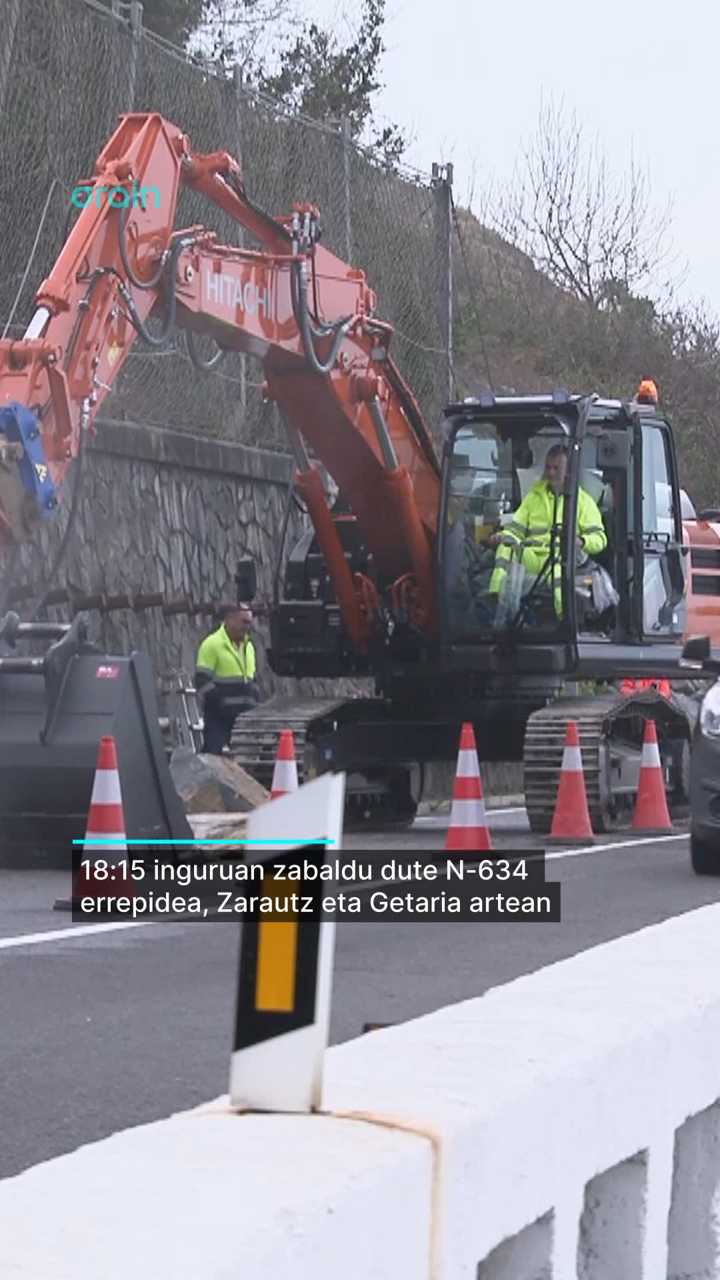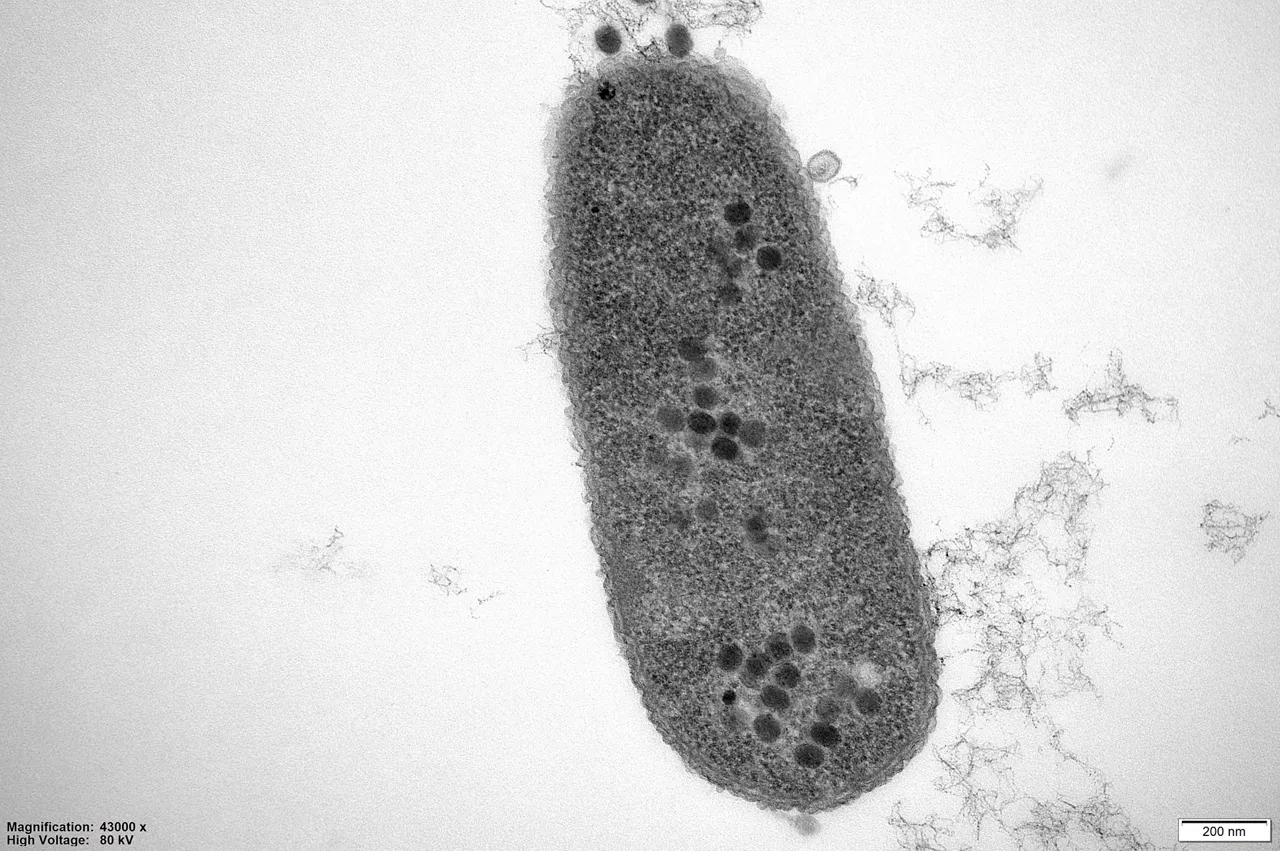The Provincial Council of Bizkaia has said that poultry flu seagulls are not "unexpected" and that there is no risk to human health

The head of the Livestock Service of the Provincial Council of Bizkaia, Iñaki Arrazola, has explained that the detection of seagulls with avian influenza in this territory "is no surprise", since this type of animal is "very sensitive" to this virus and last year there were also cases "on the entire Cantabrian side". He has also recalled that this disease is not a dangerto public health, but to poultry farms.
On Monday, the Provincial Council of Bizkaia detected cases of avian influenza (high-pathogenicity poultry influenza H5N1) in these foot seagulls collected in Santurtzi and Erandio, thanks to the active wildlife surveillance protocols applied by the Gorliz Wildlife Recovery Centre in coordination with the Neiker laboratories and the National Reference Laboratory.
Arrazola explained this Tuesday in an interview with Radio Euskadi that two cases have been found: that of a seagull that was "in bad condition" in Santurtzi and died "the next day" and that of a seagull chick in Erandio. The two animals, according to established protocols, were picked up by the Council's Environmental Care Centre and taken to the recovery centre in Gorliz. They were sampled there and found to have tested positive for high-pathogenicity H5N1 avian flu.
The head of the Foral Livestock Service says that 'it is no surprise' that these cases are detected, since last year 'the entire ledge of the Cantabrian Sea, Galicia, Asturias, Gipuzkoa, Bizkaia and Cantabria detected this virus in the seagulls', since, he explains, the birds of water are 'very sensitive' to this virus and therefore 'there is no new risk of being carriers'.
Danger to the poultry sector
In any case, it recalls that this virus is not a danger to public health and "in no case is it dangerous to consume eggs, meat or poultry derivatives." However, it warns that it poses a "serious risk" to poultry farms because it is a "highly pathogenic virus that causes high mortality" and forces farms to "empty and die altogether."
The Council has contacted the sector to "firstof all to tighten the confinement and removal measures or to avoid contact with wildlife ".
Thus, he explained, they must 'pay special attention to their birds', avoid feeding or drinking in food and beverages outside farms, 'so that wild animals cannot be in contact with domestic animals and, in the least suspicious, contact the Council's veterinary services 'to follow up on the matter.
You might like

They've opened the N-634 between Zarautz and Getaria after removing the hanging stone yesterday
The N-634 road between Zarautz and Getaria (Gipuzkoa) has been opened at 18:15 hours after being closed for almost 24 hours. Heavy rains caused a rock to fall on the safety net yesterday and the was removed this afternoon with the help of a backhoe.

Radio Vitoria presents "The Force of Memory", a sound documentary that reconstructs the March 3, 1976 massacre
Half a century after it happened, the documentary collects unpublished audio from the armed police and testimonies from those who were there so that the echo of those bullets never goes out. The documentary directed by David Sáenz includes 30 interviews, including one with Rodolfo Martín Villa.

The Basque Government approves a 1.5% increase in the salary of public sector workers
This increase will apply on the February payroll and will have retroactive effects from 1 January.

The seven activists who helped 36 migrants cross the border by running have been acquitted
In March 2024, 36 migrants crossed the Santiago de Irun bridge with Korrika and with the help of several activists, seven of whom were prosecuted by the French justice system, for whom he requested a penalty of up to 10 years and a fine of 250,000 euros.

The Basque Government approves an investment of EUR 817 million until 2030 to help families, children and adolescents
Among the measures included in the new Inter-Agency Plan for Support for Families, Children and Adolescents (2026-2030) is the assistance of EUR 200 per month to families until the child reaches the age of four. The new measure will be approved by the Government in the first quarter of this year and will take effect from 1 January 2026.

According to a study by Emakunde, living alone is "a learning, an opportunity" for many older women
According to the report 'Elderly women living alone in the Basque Country: social leave granted?', living alone does not mean living alone, as can be seen from society's stereotyped image of older women.

A bacterium frozen 5,000 years ago can withstand ten antibiotics and be useful in producing medicines
The strain has been isolated in an ice cave in Romania and poses a double scenario: it can aggravate microbial resistance if released, but it can also open the door to biotechnological innovations.

Five young men die in a fire in a storage room in Manlleu, Barcelona
The five young men used the storage room as an "intersection" and it is not yet clear what they were doing when the fire broke out. The Mosses have ruled out the use of the storage room as a place of residence.

Several secondary roads in Bizkaia and Gipuzkoa have been cut off by landslides and water rafts
The GI-3440 road has been completely cut off in Lezo and more landslides have occurred on the roads of Gipuzkoa. In Bizkaia there have been incidents in the Trapagaran area and it has been recommended to drive cautiously due to water rafts.

Withholding of at least five kilometres on the BI-10 road in Barakaldo as a result of a two-vehicle accident
The accident occurred at kilometre 124 in the Irun sense and is having a major impact on traffic.

